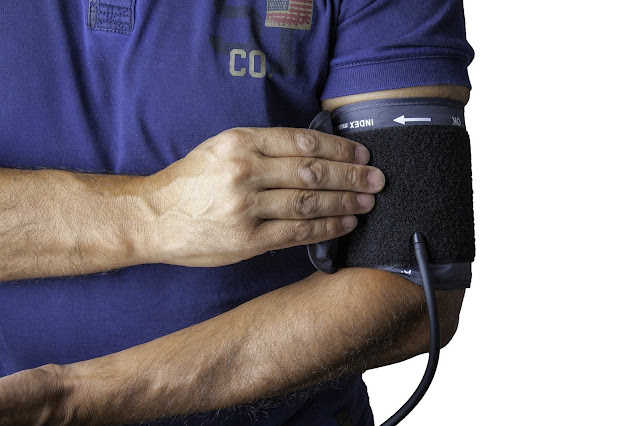How to get a lower blood pressure using medical treatment
How to get a lower blood pressure using medical treatment
Physicians frequently suggest blood pressure medication to people whose blood pressure is more than 160/95mmHg. Before administering medication to people with blood pressures immediately below these levels, age, gender, or other specific variables of the patients are considered.
The first type of treatment that all physicians will prescribe is a change in your lifestyle.
The first significant adjustment will be to stop smoking; the second will be to drink in moderation; alcohol consumption raises blood pressure. Another important factor in decreasing blood pressure is proper nutrition, such as eating foods low in salt and sodium and ingesting a lot of seaweeds, which will dissolve the 'fatty build-ups' in the blood vessels. The third natural approach to decrease blood pressure advice is to exercise; you should do simple activities like walking, swimming, or jogging for around 30 minutes every day.
However, this may not always produce results. After that, a medical treatment to decrease blood pressure will commence.
The first medications administered are diuretics and beta-blockers, which are medical treatments for decreasing blood pressure while eliminating complicating factors such as heart disease. Diuretics increase the removal of salt and water from the body, decreasing blood pressure and blood volume. The beta-blockers, on the other hand, reduce the volume of blood that the heart pumps.
When the first line of treatment is unsuccessful or the patient has additional medical concerns, the second line of treatment is utilized. A number of medicines are used in severe medical therapy to reduce blood pressure:
Angiotensin converting enzyme (ACE) inhibitors prevent the formation of ansiotensin, a hormone that raises blood pressure.
Calcium-channel blockers reduce blood pressure by relaxing blood arteries, allowing blood to flow more readily through them.
Vasodilators relax the muscles of the peripheral arteries, reducing resistance to blood flow and, as a result, lowering blood pressure.
The last class of medicine, and the most potent, are centrally acting pharmaceuticals. These medications interfere with the passage of nerve impulses to the autonomic nervous system, which governs the automatic activities of the heart and blood vessels.
